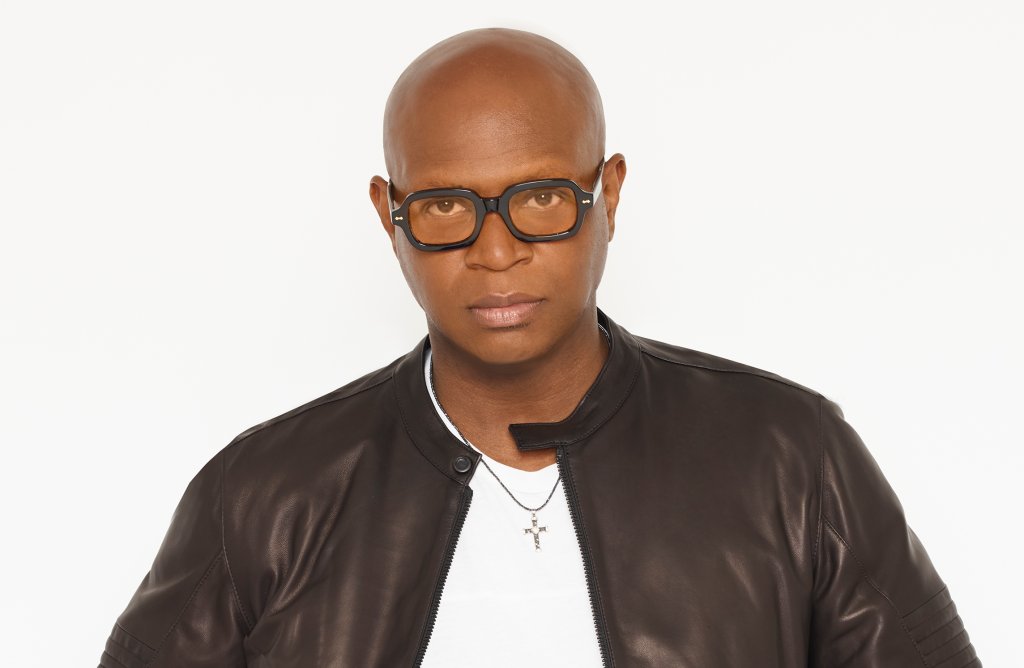
Source: press handout / Benny Pough
In the Hip-Hop music industry executives were once nearly as famous as the artists they represented. But for every Dame Dash or Diddy—there are dozens of execs who contributed to the culture and helped propel it forward behind the scenes.
Benny Pough is one of them.
With determination and dedication, along with roles at Motown, Arista, MCA Records, and nearly a decade as Senior Vice President of Promotions at Def Jam—Benny Pough was responsible for signing platinum-selling artists and promoting the careers of artists like Jay-Z, Kanye West and more. As Executive Vice President at Epic Records he promoted the careers of Future and Yo Gotti. He also spent a year as President of Roc Nation Records where he released a record-breaking 18 albums.
Hip-Hop Wired spoke to Benny Pough week about his career, his thoughts on the industry, his new memoir, ON IMPACT, and also touched on why he’s chosen to expand to real estate, and why he wants to help others do the same.
Hip-Hop W: You’ve been so integral in the careers of so many entertainment artists, how did you get started in the industry?
Pough: I kind of fell into the music business. I was doing stand up while attending St. John’s University. And at the end of the show, a lady who was the regional director of promotions asked me what my plans were, and I hadn’t even prepared a resume for a job. So she was like, why don’t you come down and be my intern. I had no idea what an intern was. But I told her, “Yeah, I can do it.” I mean, that’s, you know, that’s the ingenuity in us, right? I went down to Motown in my three-piece suit and wingtips and interviewed. And that’s how I got into the business.
HHW: That makes me think a lot about the Hip-Hop generation and how we came to create and define grind culture? Would you say that that’s true?
Pough: You know, I’m just right outside of being a post-segregation baby. So, the mindset of our people was different. Our parents and aunts and uncles pushed a lot on finding a better way, so we looked at accomplishments differently; as opposed to this generation, they’re reaping the benefits of a lot of work that’s been put in, so it’s not necessarily the same level of drive. Not to say that there’s no interest, but it’s just a different world that they live in.
HHW: The younger generation also has a lot of technology at their disposal.
Pough: In today’s modern world, you can create a business at any age. You can find an audience. It’s a great place to be in. Technology has always been an equalizer, right? If you think about it, it gives people opportunities, with innovation.
HHW: Speaking of pivoting, you have had a very successful second career in real estate. What made you make that choice?
Pough: So, the driving force for me in getting into real estate was that I realized that there weren’t many salt and pepper-haired Black men walking around a record company. So I realized at that point, I had to decide how I was going to prepare for my exit. So, as I started attaining bonuses I bought condos, co-ops, multiple multi family homes, residential buildings, even I owned up to a city block. So it was also, in part, important for me to look ahead in a business that’s really not guaranteed.
HHW: What are some skills that are consistent across both industries?
Pough: Integrity, passion [and] always staying ahead of information were driving forces for me in music and creating businesses—you never want to get stale.
HHW: You’ve played a role in the foundation of so many artists and their careers. Three of them, Jay, Rihanna and Kanye have all hit billionaire status. Do you think the industry will continue to create artists that hit that level of financial success?
Pough: The people who generate that kind of income are the ones who understand the value of non-traditional income; that is from music, as well as taking your brand and your value and maximizing it on different platforms.
Because [as] an artist, he or she is not just going to be offered royalties that make a billion dollars, but once you take that platform, you have to use it to start to broaden yourself beyond just the scopes of music with your popularity. So, artists that have the opportunity to continue to look beyond [should] use the tool of music to heighten their business.
Of course, there’s opportunities for more, and obviously, since there’s more than one, more than two, more than three, then, you know, there’s definitely hope for that. But also keep in mind, there’s only 2700 billionaires in the world.
HHW: In your book, ON IMPACT: Life, Leadership & Almost Losing It All, you talk about the near-fatal car accident that almost ended your life. Can you tell us a little bit more about that experience.
Pough: In ON IMPACT, you know, I speak about pivoting one of the acronyms in the book. The book got its title because I was in a near death car accident where I hit a tree at 90 miles an hour as a passenger, and I sustained a level two concussion, vertebrae fracture—bolts and discs in my back, a lacerated liver, which led me to lose half my blood supply.
And we hit the tree so hard that I suffered the loss of most of my small intestine. I knew God put a book inside of me, which actually takes the reader from me delivering newspapers as a kid to modern day. And at the end of each chapter I put together what I call a Hit List—those are takeaways from the chapters for people to apply to their lives since I’ve gone from paperboy to the president, and also from intern to CEO. And, you know, pretty much if I can do it, you can do it too.
HHW: Can you talk about where you were in your career when the accident happened.
Pough: Absolutely. I was the executive vice president at Epic Records, the number three person in the company and things were going well, you know, business as usual, having a great time, you know, breaking artists, training executives, when you know that accident happened that changed my life and changed my direction.
HHW: What is your current role in the industry?
Pough: I have a label DVerse Media. I have an artist signed to me, Paris Gatlin, she’s out of Jackson, Mississippi. We are really excited about her. We also do marketing management and help artists find new direction and navigate the maze of the music business.
HHW: What do you think about the current state of the industry?
Pough: That’s a loaded question. I mean, it just depends on where you sit, right? I mean, if you think about it—the industry probably has not made as much money as it’s ever had in probably the existence of the music industry. But, in the last five years, artists have never had the freedom and ability to market, promote, and exploit themselves than they have in industries as well.
So I think it’s a matter of how do you make it work for you as an individual? How do you make it work for you as an artist? And, you know, how are you able to maximize this opportunity in the business as it sits today?
HHW: What do you hope readers take away from your book?
Pough: I want people to really just take the time and digest the process behind the words, ‘don’t give up.’ And that’s what my book is about. It’s not about some hollow response about not giving up. [It’s about] walking through every aspect of my life where there was an opportunity to stop, and I didn’t, or stop and pivot, or stop and change, because that’s how you keep moving.
So don’t let yourself don’t beat yourself up. You know, realize that each day is important. The value of each day is important. It’s the day those into your future—and it’s only one piece of the collage of your life.
Benny Pough’s memoir, ON IMPACT: Life, Leadership & Almost Losing It All is available now. The It’s Your Time Conference is Jan. 12-13, 2023 in Charlotte, North Carolina. A lucky performer will win $10,000 in a live music showcase and participants will be connected with industry experts to create meaningful relationships and take inspired action.
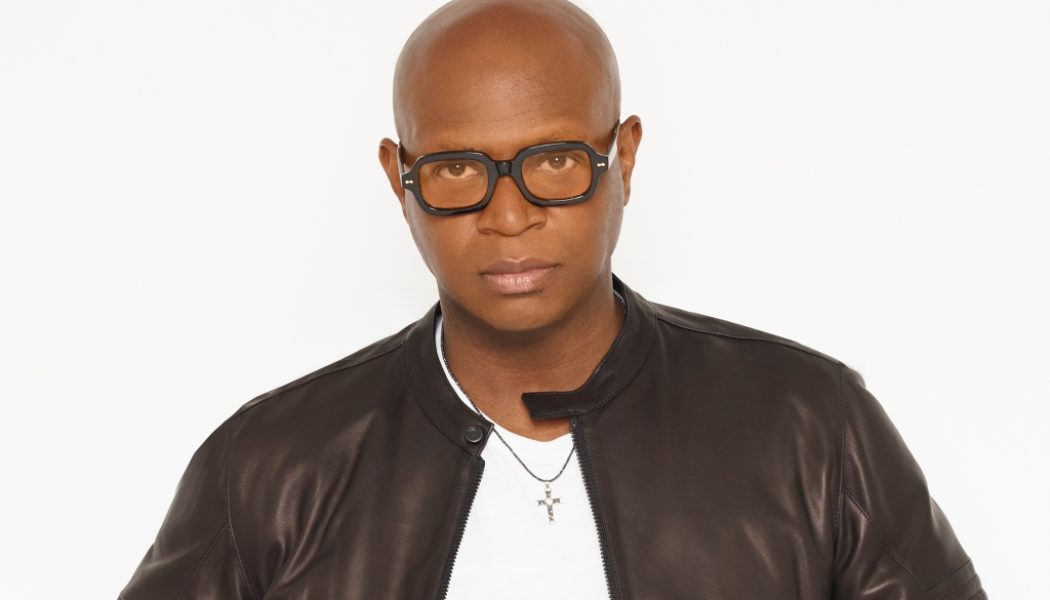
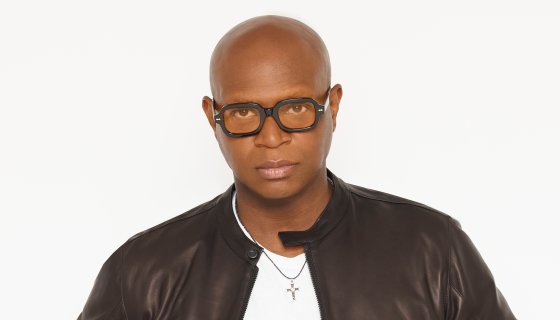

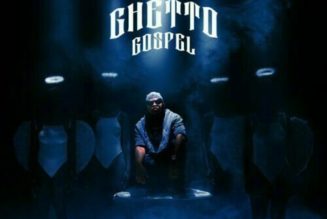
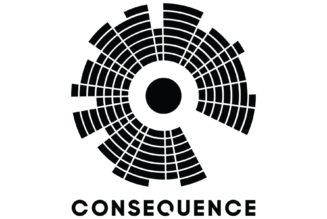



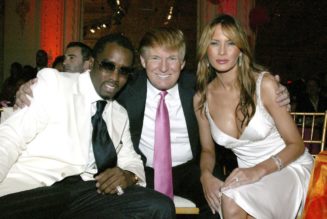


Tagged: Benny Pough, entertainment blog, FEATURES, music blog, NEWS, Newsletter